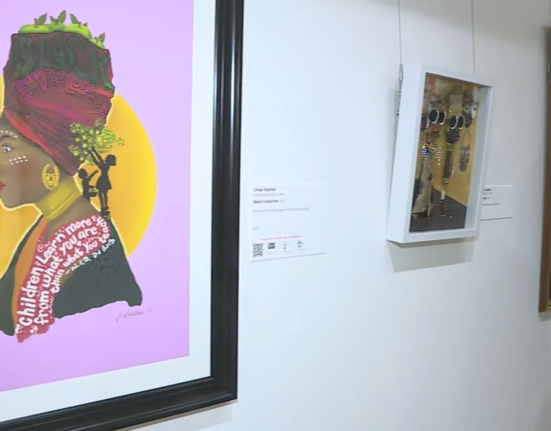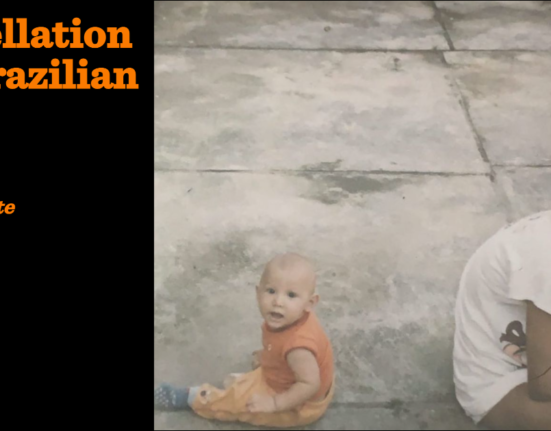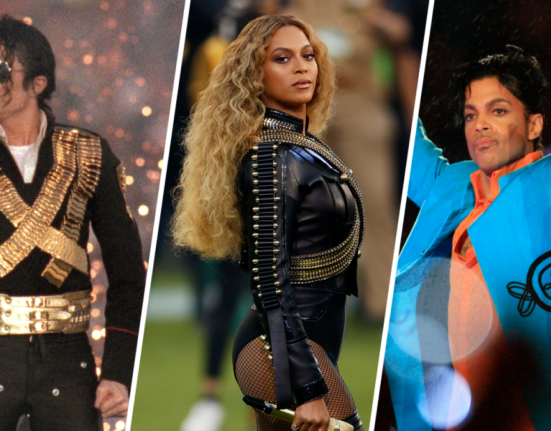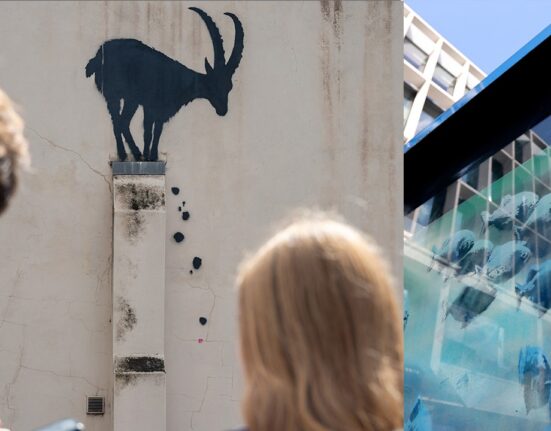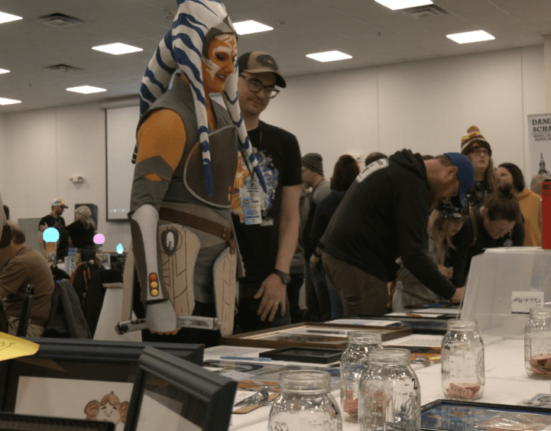After years of working at her parents’ Calgary restaurant and various other jobs, Tea Fannie put her fears aside and pursued a full-time career as rap artist at the age of 30.

“I was nervous. You don’t know if you’re able to pay your bills,” says Fannie, whose beats draw from rap, R&B and pop, and Afro-Caribbean influences.
Although she’s been writing poetry since she can remember, launching her rap career was a scary leap that she compares with being on train tracks.
“If I’m on a train and it’s on the tracks, but the tracks aren’t in front of you,” she explains. “As you’re moving forward, the track appears and it comes. It feels like a weird, jumping, leaping and trusting, but it works out because you’re working hard.”
Over a year ago, she needed to get her wisdom teeth out — which was more financially painful than anything else. She didn’t have benefits, so she made monthly payments on the dental bill.
“I literally made payments for $400 which was not a lot for some people, but for me it took four months,” Fannie says.
That’s where Elephant Artist Relief Society (EAR) comes in.
The society started as a charity in 2007 to give emergency funds to artists dealing with a medical, financial, or personal emergency. It’s now expanded to a health insurance subsidy pilot program for artists who don’t have access to employer sponsored benefits.

Get weekly health news
Receive the latest medical news and health information delivered to you every Sunday.
EAR realized that not all artists are able to afford even the premiums for group health insurance.
Calgary Arts Development provided funding to EAR to run a pilot to help inform the development of the health insurance subsidy program. The program is providing 15 artists with health insurance for one year.
Fannie recently had more dental work done — and this time, with expenses covered by the EAR insurance program.
“That was such a lifesaver,” Fannie says. “Stuff like that scares (me), but I’m so thankful that EAR has my back. It’s such a relief.”
“I’m in the process of getting my contacts now, so yay, I can see clearly now the rain is gone.”
Fannie says without the support, she would still be wearing her old glasses.
“I would not be able to see properly. I would just have to save up to take care of my eyes, which is crappy, or I would be in a crappy job that has benefits because I need the benefits.”
Tea Fannie says EAR frees her from having a nine-to-five job on top of writing, marketing, teaching and performing, so it helps her be more creative. “I’m able to spend more time on my art as opposed to stressing that I need a nine-to-five because I have bills to pay.”
Sabine Lecorre-Moore, a Calgary visual artist, says the EAR insurance subsidy program provides a bit of freedom, a safety net she didn’t have before.
“That’s huge for artist because we are self-employed,” Lecorre-Moore says. “Medication and glasses — it’s expensive and dental is insane.”
EAR’s emergency artist relief funding is a last resort resource intended to provide for costs up to a maximum of $2,500.
To be eligible, individuals need to live in or around Calgary and demonstrate an urgent need for support due to an unforeseen health crisis or catastrophic event that prevents them from the continued pursuit of their creative practice.
Artists are creative, not only in making their art, but in how they put food on the table and pay dental bills.
The support allows artists to continue to work on what they do best, sharing their vision and our stories.
“Art is something as good as food. We need art and music for our spirit. We need to be behind them, especially the local artists,” Lecorre-Moore says.
“It’s very important for our life. It’s what makes us Alberta. Artists show us who we are through their work.”
The subsidy pilot involves partners with five Calgary arts service organizations that have identified three artists per organization to whom EAR is providing the cost of premiums to the group health benefits for one year.
It’s expected the pilot program will help gather insight and information to build a case for expanding the project.
Since 2007, EAR’s mandate has expanded from responding to emergency needs of artists to helping provide support for artists’ basic needs, health, well-being and professional development.
© 2024 Global News, a division of Corus Entertainment Inc.


